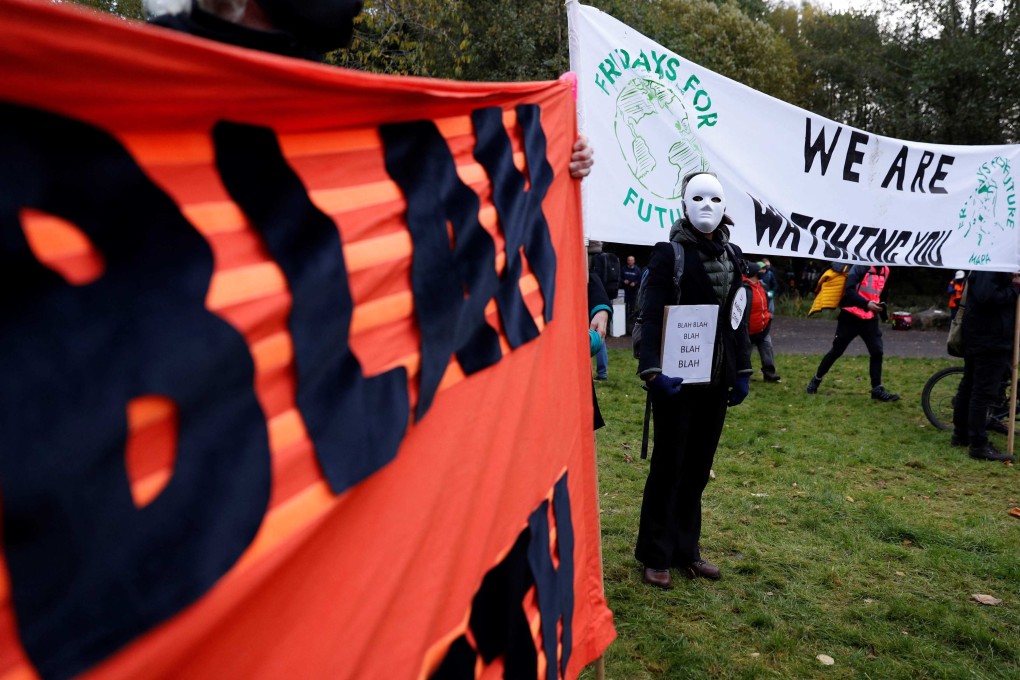Advertisement
Opinion | Meeting global climate targets requires systemic change. Can we turn failure into success?
- Despite the agreements reached at COP26, the world is still not equipped to take collective climate action
- For this to change, we need policies that do not disproportionately hurt poor countries and a more inclusive decision-making process that puts affected communities at the centre of negotiations
Reading Time:4 minutes
Why you can trust SCMP
6

The world failed at last month’s United Nations Climate Change Conference (COP26). And the biggest failure is one that virtually everybody assembled in Glasgow overlooked. The system in place to address climate change – comprising a constellation of economic, political and social arrangements – is inappropriate to our global goals.
Advertisement
Consider an analogy: your neighbourhood is threatened by an approaching wildfire. Managing the crisis requires mobilising various emergency services, as well as help from businesses and local residents to protect property.
But these parties do not cooperate. Some citizens show up with pails of water. Some businesses donate fire extinguishers. Some locals stage protests against proposed evacuation orders.
Meanwhile, local politicians hold a town hall meeting, soliciting pledges from various parties that no one is bound to fulfil. But the sum of the pledges just about keeps alive hopes that your neighbourhood will remain safe.
That is where we stand today on climate change. The fundamental problem is that our system is not designed to deliver outcomes consistent with the 2015 Paris climate agreement’s target of limiting global warming to 1.5 degrees Celsius above pre-industrial levels.
Advertisement

Advertisement
